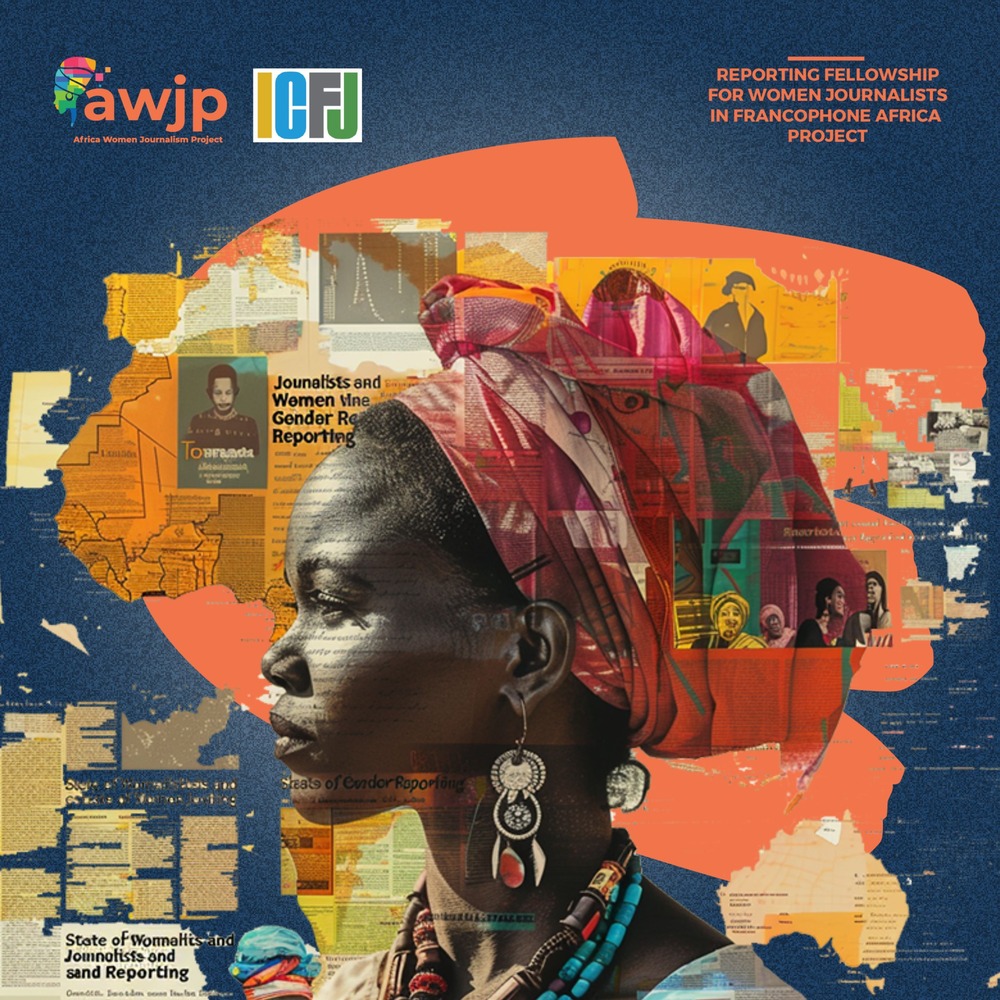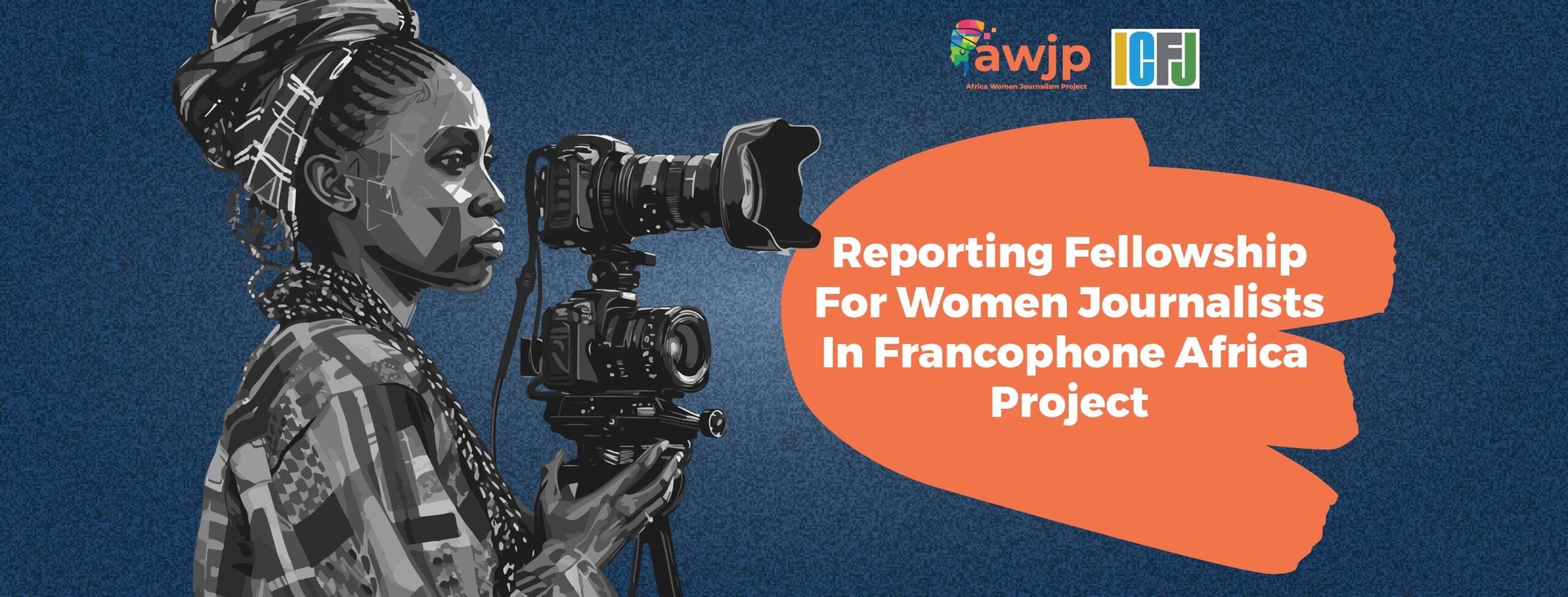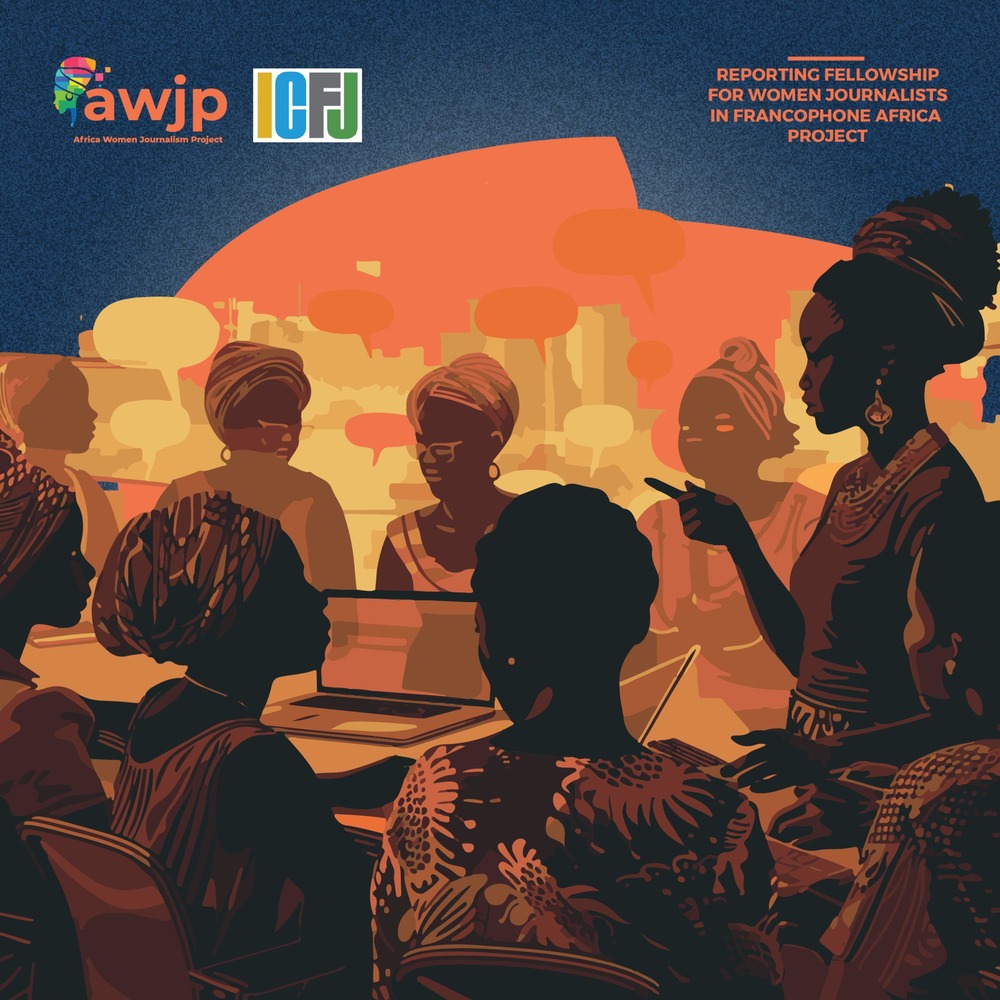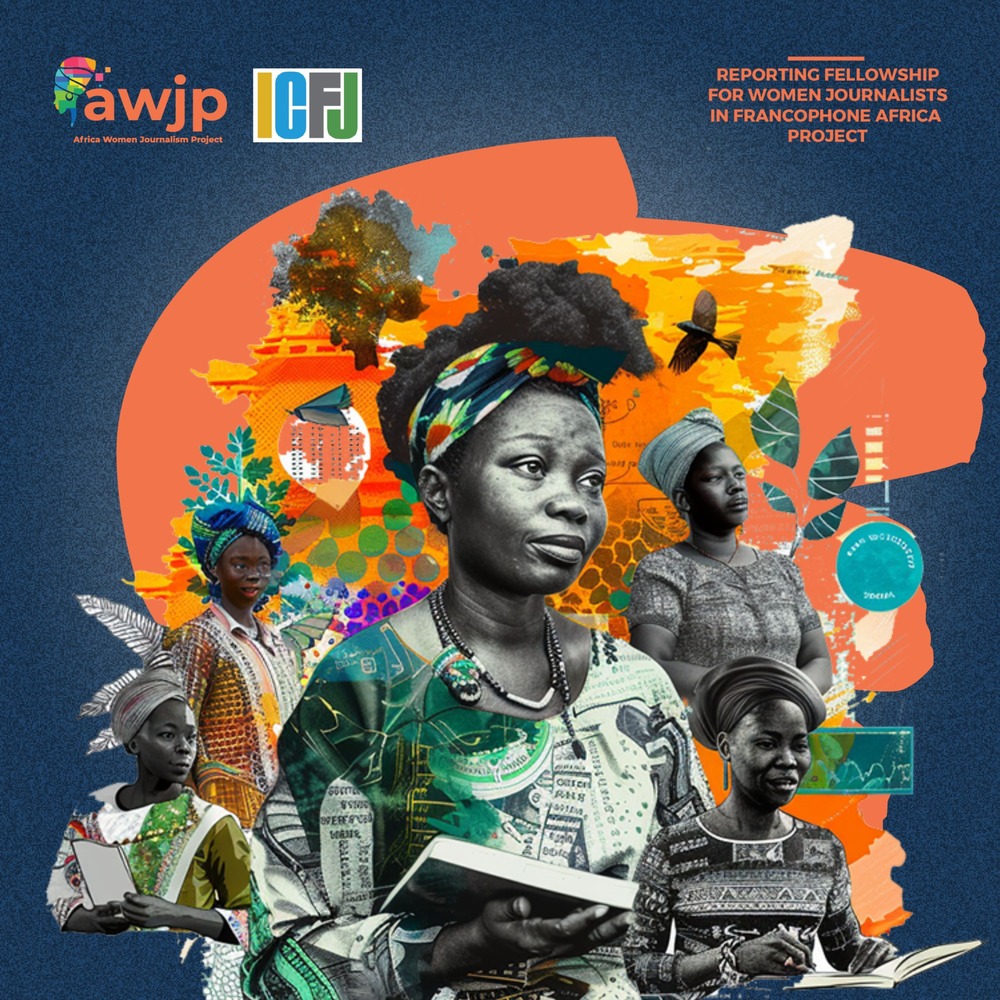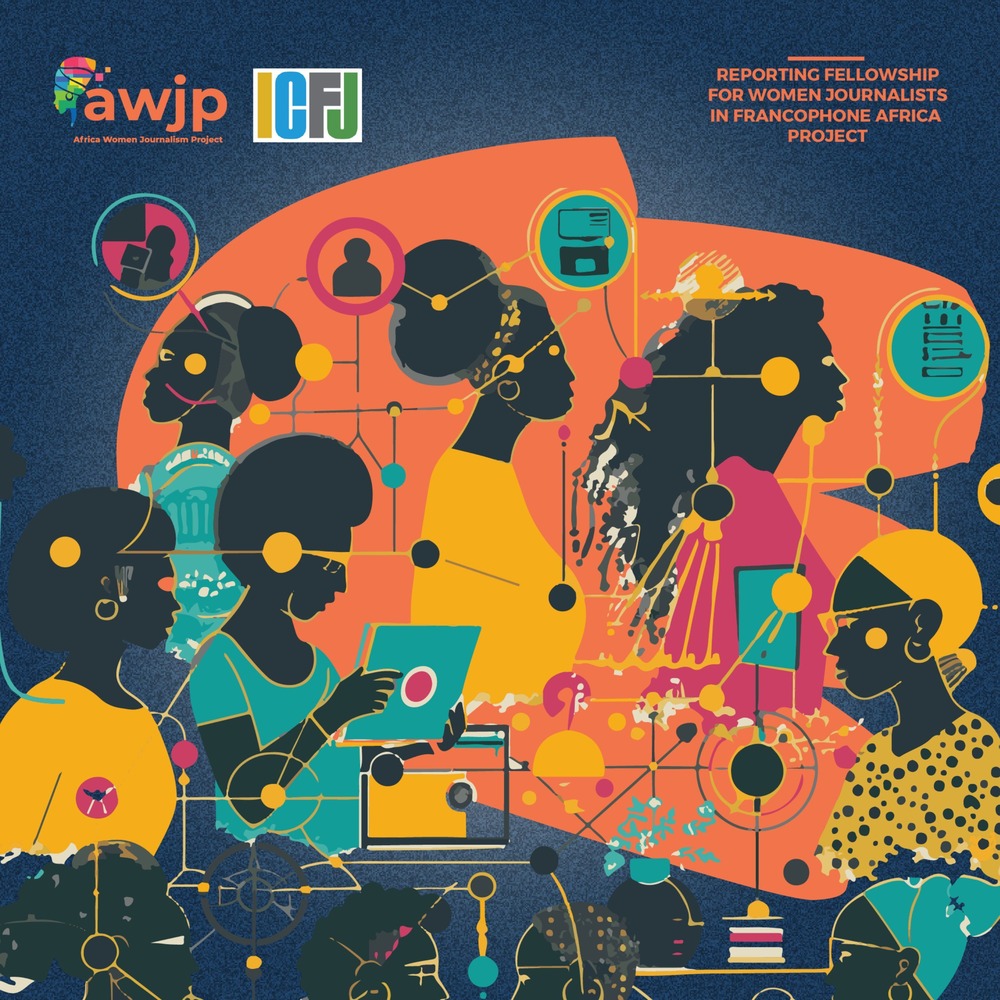1. Research Survey On The State Of Women Journalists And Gender Reporting In Burkina Faso, Senegal And Togo
This three-country research survey seeks to identify skills gaps and systemic issues in the media regarding gender representation and reporting in newsrooms across the target countries. Targeting media stakeholders, women journalists and media support organisations, the survey results will seek to highlight systemic challenges and opportunities faced by the media and specifically women journalists. The research will inform the design of future projects and interventions in the region.
The research will also serve as a resource for media houses, journalists, gender researchers and journalism learning institutions among many others by providing a baseline of gender issues in the media landscape of the focus countries.
The final report, based on the analysis of the survey data will be presented online and made available in English and French.
